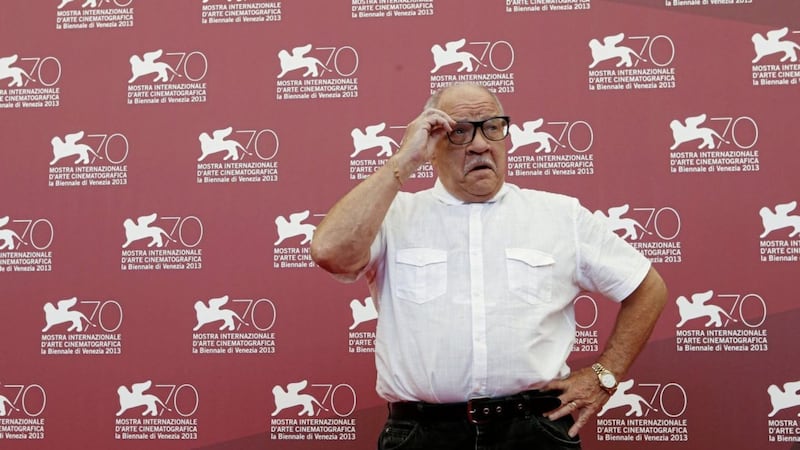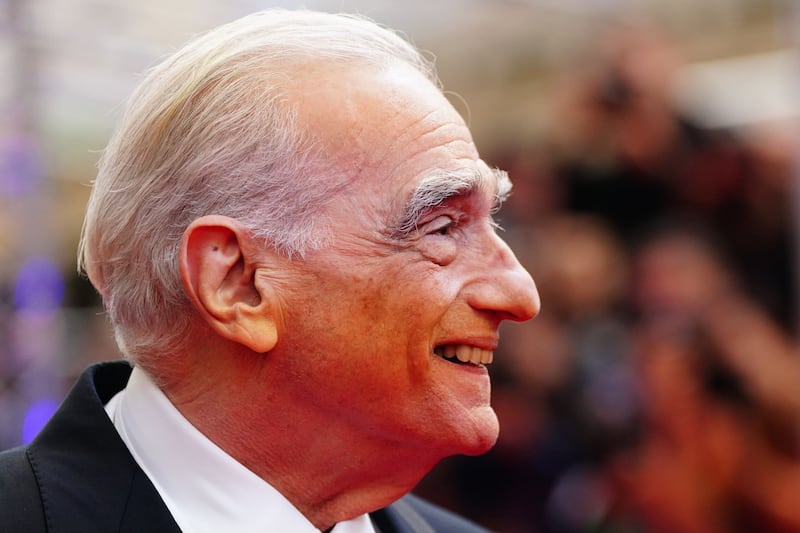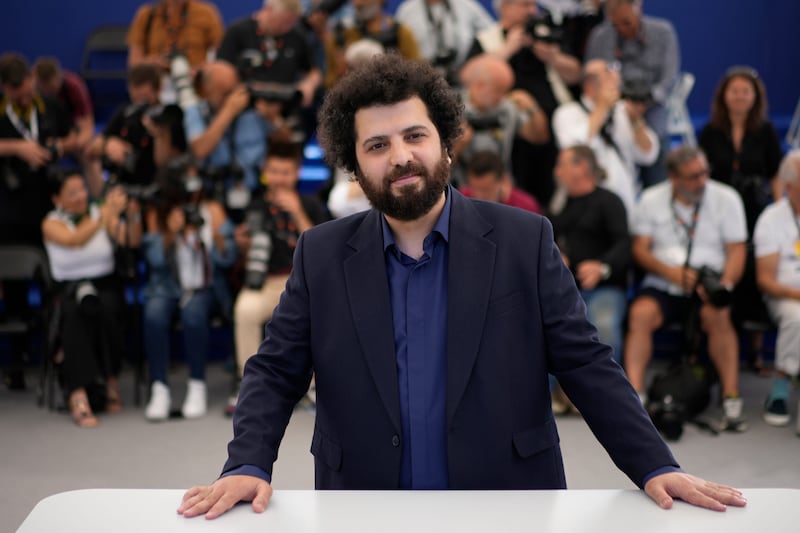Paul Schrader is a man whose work precedes him. But while his name may leave you scratching your head, his repertoire reads like a who's who of Hollywood.
This is the man who, between 1976 and 1999, penned screenplays for four Martin Scorsese films: Taxi Driver, Raging Bull, The Last Temptation Of Christ and Bringing Out The Dead – the first of which elevated Scorsese's status as a director and assured Schrader's reputation as a major screenwriter.
Think Robert De Niro's iconic line: 'You talkin' to me?'
"Sometimes you get lucky in life, and I got lucky," he says today. "Rather than feeling the pressure [of Taxi Driver's success], it was the opposite. I knew people at the age of 50 and 60 who were looking for the validation that I got at the age of 26, and it breaks a person," he continues. "You can spend your whole life waiting for validation and it never comes. Getting it very early on, you say, 'I did something good, now let's see if I can do something else'."
For Michigan-born Schrader, that something else was directing. He's since directed 20 films – including his debut crime drama, 1978's Blue Collar with Harvey Keitel and Richard Pryor, American Gigolo starring Richard Gere, and biographical drama Mishima, on which Francis Ford Coppola and George Lucas served as executive producers.
Now, at age 70, the risk-taker isn't about to slow anything down. When we meet, Schrader is taking sanctuary in a quiet corner of a hotel restaurant, shrouded from the outer chaos of London's Leicester Square. He's not been well – holed up in bed with a nasty cold that's testing his already raspy voice and leaves him struggling for breath between A-lister-littered anecdotes.
Most of Hollywood's elite would have called our chat off, but Schrader isn't one to miss the opportunity to talk about his passion – even if it means incessantly dabbing his head with a rather posh napkin throughout.
The big-screen release he's here to discuss is Dog Eat Dog, a crime drama based on Edward Bunker's novel of the same name, and a venture unlike anything he has done before. The gritty tale tells the story of three ex-cons (Troy, Mad Dog and Diesel, played by Nicolas Cage, Willem Defoe and Christopher Matthew Cook respectively), who, deep in the underbelly of Cleveland, are hired for a kidnapping.
When the botched abduction goes awry and gets completely out of control, the cons find themselves on the run, vowing to stay out of prison – at all costs.
For all his experience, Schrader admits he felt the pressure.
"I had a whole summer and I thought, 'What is it like to make a crime film in 2015? After Scorsese, after [Quentin] Tarantino, after Guy Ritchie. What's left?' And so I put this youngish team together and we met every week and said, 'What can we do?'
"I said, 'The bad news is, we don't have enough money to do this the Hollywood way, but the good news is I have final cut, we can do any f**king thing we want!'"
"It was a learning process in a way," he continues, stirring his coffee. "Some directors like to refine certain things, like [Alfred] Hitchcock, and others try something different every time, like [Stanley] Kubrick, and that's my motto – the one of 'do something different'.
"I go to movie theatres, I look up at the screen and I think to myself, 'How do they stay awake? They've all made this film 10 times already. Why are they not asleep?' So everything I've done, I've tried to do something that keeps me awake – like The Canyons," he adds, referring to his self-funded the 2013 erotic thriller-drama, for which Lindsay Lohan was cast in the lead role.
While he insists studio films are over – "There's a few old dinosaurs wandering around but no-one pays them much attention" – the biggest change in the film industry, he explains, is down to today's audiences.
"People talk about the Golden Age of Hollywood in the 1960s and 70s," he begins, "but it wasn't us; what was magical in that time was the audiences. The audiences thought movies were important, and whenever society treats the arts seriously, you're going to get great art. It's just going to happen.
"When you don't think they're important, how do you make important movies? When I was younger, I thought they were very important. I had an angelical fervour that movies were part of the movement, we were going to change the world with movies.
"It's hard imagining anyone thinking that way today."
Unlike his 'movie Brat Pack' peers, Schrader grew up – alongside his late film-maker brother Leonard Schrader – with strict Calvinist parents, who refused to let him watch a movie until he was 18.
Enthralled by the medium, he went on to achieve an MA in Film Studies from the UCLA Film School and became a film critic.
He recalls the early days, when he and his counterparts would be vying after the same "golden ring", stating: "But then you start succeeding and you spin off into your own little solar system and you lose touch. So those networking years are really magical, but they're never more than four to five years."
He does keep in touch with "Marty" [Scorsese] quite a bit, and beams as he reels off a brilliant encounter he had with Steven Spielberg a while back.
"Spielberg always used to have a little camera. He was always filming. I told him, 'Wow, I've never seen any of that footage', and he said, 'You're in it, everybody is in it'."
Schrader suggested he put it online as "it'd be a great resource". Spielberg, in response, looked at him in and asked: 'What do you mean – that stuff is valuable?'
"Now this is a man who has a $200 million boat!" Schrader adds, roaring with laughter.
Despite his impressive career, the film-maker – who has two grown-up children with his second wife, actress Mary Beth Hurt – has never won an Oscar.
Does he feel envious of peers who've walked away with the industry's ultimate gong?
"I can't say I have ever given that subject much thought," Shrader imparts.
"I remember saying to Marty some years ago – because he was moaning and bitching about not having an Oscar before he got one – 'If getting an Oscar is your priority, you need some new priorities'."
:: Dog Eat Dog opens in cinemas from today.







